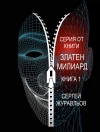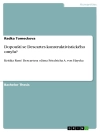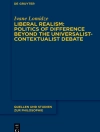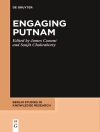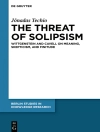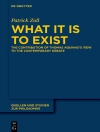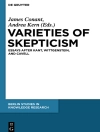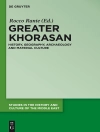This book offers a critique of a certain contemporary discourse in popular science that consists of (1) identifying the origins and therefore essential nature of Homo Sapiens; and (2) identifying the nature of technology. The author’s critique is that this double gesture generates a deterministic worldview – man is evil and technology has its own necessity – that operates to exonerate humanity from responsibility to the horrors of the 20th century, epitomized in Auschwitz and Hiroshima, for example. The author situates this operation within what he identifies as an “apocalyptical-eschatological state of mind”. Yochai Ataria explains that the dynamics of technology and the quest for the first human are the two central vectors shaping both scientific and popular discourse today, highlighting the importance of understanding the deep connection between the two.
Table des matières
Part I: It’s in Our Genes.- 1: Modern Humans: Attempting to Draw a Dividing Line.- 2: Gatherer-Hunters or Hunter-Gatherers: “The Killer Awoke before Dawn”.- 3: Back to the Chimpanzee.- 4: What Happened to Neanderthal? (We Killed Him Off).- 5: Collapse of the First Line of Defence: It’s not Us; It’s in Our Genes.- Part II: It’s Technology’s Fault.- 6: Technology as Metaphysics: Heidegger’s Attempt to Exonerate the Nazi Movement.- 7: Techno-science: A Dynamic of Complete Annihilation.- 8: The Collapse of the Second Line of Defence: It’s not Us; It’s Technology.- Part III: Apocalypse.- 9: The Bomb and the Apocalypse: Only a God Can Save Us.- 10: Utopia and Dystopia.- 11: Conclusion.
A propos de l’auteur
Yochai Ataria is an associate professor at Tel-Hai College, Israel He is the author of several book, includings: The Structural Trauma of Western Culture (Palgrave, 2017); Body Disownership in Complex Post-Traumatic Stress Disorder (Palgrave, 2018); Levi versus Ka-Tsetnik (Palgrave, 2021); Consciousness in Flesh (Palgrave, 2022).


